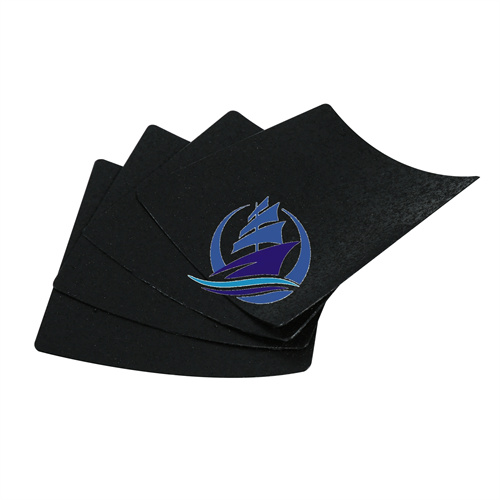
Is geomembrane a plastic?
2024-10-17 15:00
Geomembranes are indeed a type of plastic material. They are specifically engineered synthetic sheets designed to provide a durable and impermeable barrier. While the term "plastic" may evoke images of everyday consumer products, geomembranes are designed for industrial and commercial applications where their strength, flexibility, and chemical resistance are essential.
What Are Geomembranes Made Of?
Geomembranes are primarily composed of high-density polyethylene (HDPE) or polyvinyl chloride (PVC). These materials are chosen for their excellent properties, including:
Chemical resistance: They are resistant to a wide range of chemicals, making them suitable for various applications.
Puncture resistance: They are strong and durable, capable of withstanding mechanical stresses.
Long-term durability: They are designed to provide long-lasting performance in harsh environments.
How Are Geomembranes Different from Other Plastics?
While geomembranes are made from plastic, they have unique characteristics that distinguish them from other plastic products. Here are some key differences:
Thickness: Geomembranes are typically much thicker than other plastic sheets, providing greater durability and puncture resistance.
Application: They are designed for specific industrial and commercial applications, such as lining landfills, reservoirs, and tunnels.
Properties: Geomembranes have specific properties, such as impermeability and chemical resistance, that are tailored to their intended use.
What Are the Benefits of Using Geomembranes?
Geomembranes offer several benefits, including:
Environmental protection: They help to prevent contamination of groundwater and soil by acting as a barrier between waste or hazardous materials and the environment.
Cost-effectiveness: They can provide long-term cost savings by reducing the need for expensive maintenance or remediation efforts.
Durability: They are designed to withstand harsh conditions and provide long-lasting performance.
Versatility: They can be used in a wide range of applications, from waste management to civil engineering.
Custom Geomembranes: Tailoring Solutions to Your Needs
At Yingfan, we offer custom geomembranes to meet your specific requirements. Our team of experts can work with you to design and manufacture geomembranes that are tailored to your project's needs, ensuring optimal performance and durability.
Conclusion
Geomembranes are a type of plastic material that offer a durable and impermeable barrier. They are widely used in industries such as waste management, environmental protection, and civil engineering. When choosing geomembranes, it's important to select a reputable supplier like Yingfan that can provide high-quality products and custom geomembrane solutions.
FAQ
1. How thick are geomembranes?
Geomembranes typically range in thickness from 0.5 mm to 2 mm, depending on the specific application and required durability.
2. Can geomembranes be damaged by UV rays?
While most geomembranes are UV-resistant, it's important to choose materials that are specifically designed for outdoor applications, especially in regions with high levels of sunlight.
3. How long do geomembranes last?
The lifespan of a geomembrane can vary depending on factors such as the material used, installation methods, and environmental conditions. However, with proper installation and maintenance, geomembranes can last for decades.









